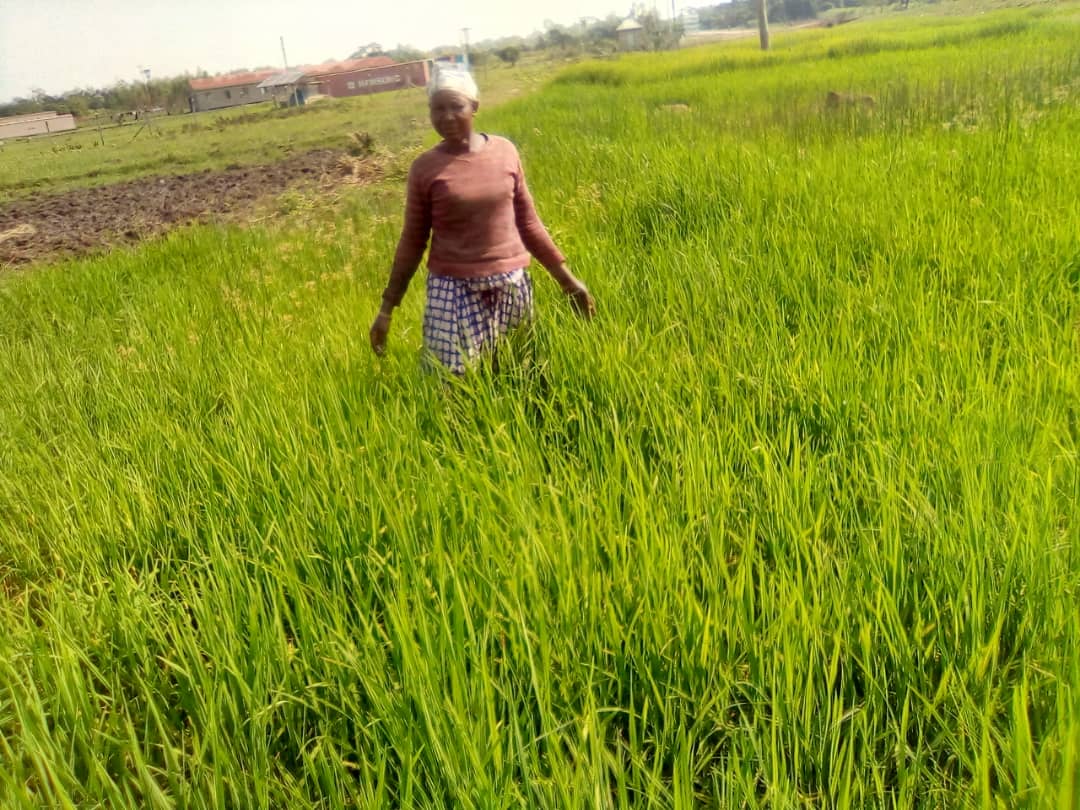Prime
Destruction of wetlands: No one should be above the law

Military and police personnel provide security as an excavator demolishes a container as part of National Environment Management Authority operations to evict people from Lubigi Wetland, Nansana Municipality in Wakiso District on June 18, 2024. PHOTO | MICHAEL KAKUMIRIZI
What you need to know:
- Government needs to send a clear message that everyone must operate within the existing laws of the environment.
On Tuesday, court sentenced a Turkish national to a fine of Shs200m after he pleaded guilty to clearing vegetation and dumping murram in a wetland.
Karim Ray, the director of Yaman International Limited, pleaded guilty to failure to comply with conditions stipulated in the certificate of approval from the National Environment Management Authority (Nema).
According to court, the 53-year-old’s concrete construction company was issued with an environmental impact assessment certificate to put his project on 0.4 acres. However, upon inspection, it was found out that he had cleared 2.1 acres and backfilled it with murram.
The same Standards, Wildlife and Utilities Court in Kampala in March remanded senior pastor Milton Twehangane of the Spiritual Arcade Church in Bweyogerere over constructing a building in a wetland.
The born-again pastor was accused of five counts, including failure to undertake an environmental and social impact assessment, constructing in a wetland, depositing soil in, destroying and damaging a wetland, and conspiracy to commit a felony. He denied the charges.
In delivering her judgement in the Ray case this week, Chief Magistrate Gladys Kamasanyu said there was need to put a stop to the growing cancer of encroaching on wetlands.
According to the wetland mapping exercise of 2008, wetland resources have reduced from 15 percent in 1994 to 10.9 percent of Uganda’s area. A 2015 report by Nema indicates that the most affected protected arears have been used for human activity such as farming, construction of structures and dumping of waste.
We agreed with the Chief Magistrate that a strong message needs to be sent out to all those encroaching on and degrading wetlands.
Wetlands play a very important role in our lives. They protect our water resources and sustain agricultural productivity. But the rate at which they are being destroyed by both the rich – who are constructing industries and posh homes – and the poor, who use it for farming and building settlements, call for radical measures.
Otherwise we shall bare the full disadvantages of losing our wetlands, such as land degradation, soil erosion, biodiversity loss, pollution and frequent floods, among others.
To save our wetlands, we need to first deal with the impunity with which the encroachers operate, especially the wealthy ones who seem to operate above the law because of the connections they have to the powers that be. Government needs to send a clear message that everyone must operate within the existing laws of the environment.
Finally, we need to improve the manpower and facilitate well the different agencies protecting the environment, including Nema and the environmental police.




